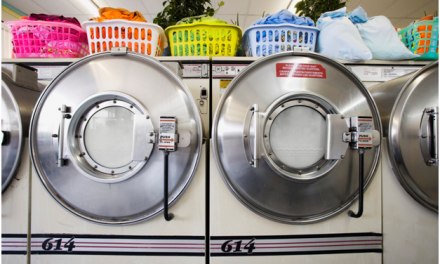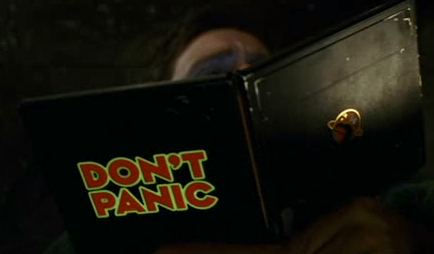From a recent article in The Guardian:
Why professionals, depressed and anxious, are developing addictions during Covid
The article’s title is a bit misleading, as the piece features the story of a lawyer who, after four years of sobriety, begins to use kratom and quickly finds himself back on his original drug of choice — heroin.
The pandemic and its restrictions may have provided the setting for relapse, but the pattern is just classic addiction. He makes a decision that on some level, he must know will put his recovery at risk. It’s a choice that he now recognizes was bogus — really just a back door to heroin.
“I realize the bottom line is, I have a disease that justifies whatever it needs and Covid gave me that justification,” he’s quoted. With, I might add, the relapser’s usual 20-20 hindsight.
Four years clean time may sound like a lot to the uninitiated, but the same thing could have occurred at one, two, five, ten, twenty years sober. He’d still be vulnerable to relapse. It’s an error that millions of others have made before him. And one I’m almost positive he was warned against in counseling.
Who knows? Maybe he had to learn the hard way. Take my word for it, he’s not the first.
There’s no question that the coronavirus pandemic, which has stressed everybody, put extra stress on those in recovery. I suspect the main culprit is isolation. For most recovering folks, establishing sobriety included a conscious, deliberate commitment to healthy involvement with others in the same situation. It meant accepting guidance and support instead of relying solely on one’s own judgment and resources.
That’s a reality that doesn’t change simply because circumstances have. We have to adapt and make changes in the way we live. It’s not easy. Whoever claimed it was?
It appears to be necessary, however.
I would challenge the author’s assertion that “many of [addiction’s] victims include those we often think of as society’s least vulnerable: white-collar professionals.”
Education and income have never been a safeguard against addiction. The literature is chock full of articles and personal accounts, often tragic, of substance abuse among the wealthy, the gifted, the privileged. Certain fields of endeavor — at the moment I’m thinking of high finance, technology, law, medicine, politics — pride themselves on their hyper-competitive cultures that tolerate substance use and even encourage it as a short-term path to improved performance. I do think ‘performance’ is the correct term — so often, it’s all just an act.
This particular educated professional, like so many others, found himself stuck at home yet still buried under an unfair workload. Fact is, some surveys have found that people wind up working longer hours with less time off than they would have if they went to the office five days a week.
A side observation: those conferences and professional meetings required of many white-collar types can be part of the problem. One young exec described attending her first industry-wide meeting at a year sober, where she found herself astonished at the substance use and partying outside the sessions. “I wasn’t aware how bad it was when I was still getting high,” she confessed. “We saw it as our reward for all the work we put in. It was part of our bonus.”
Did the bosses know, I asked? That made her laugh. “My boss was there. Sometimes he even brought the goodies.”
Maybe it wasn’t Wolf of Wall Street, but that balls-to-the-wall atmosphere is not exactly conducive to mental health.
Sure, it helps make people rich. Mostly other people, unfortunately– not the ones doing the work.
In early recovery, it doesn’t take much in the way of triggers to resurrect a drug craving. It can begin with a vivid dream or intrusive thoughts, followed by a return of old patterns of reasoning, that escalates into that old familiar hunger for intoxication.
We can blame that on conditioning. After all, addiction has been reinforced by repetition and reward — two powerful instructors. And in the absence of a healthy, supportive environment to counter, old scripts are likely to make an appearance.













